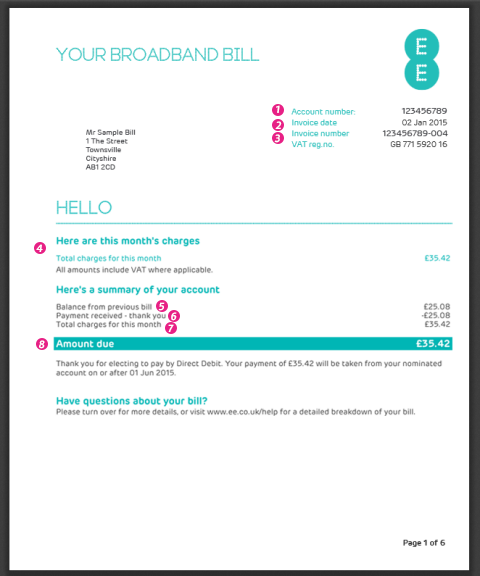
Trying to sort out bills for your student house? Here’s everything you need to know.
It can be overwhelming when you first start living in student housing. You want to have all your utility bills in order before it gets too late. Follow the step-by-step process below to make sure you stay on top of your bills.
There are several options for paying your bills. Obviously, each one comes with its own pros and cons. We would recommend using a bill-splitting service or setting up a direct debit, but it depends on your needs. Below is a quick breakdown of your main choices:
Our guide How to split student bills covers all the major ways you can pay.
For more information on specific ways to pay, you can also visit our guides:
If you decide to organise all the bills by yourself, you’ll need to know how to set up each service. This can be complicated as different companies have different processes. Below is a quick step-by-step for each bill.
For a full breakdown, check out our guide: How to set up your energy bills
Metered—Metered water tariffs are the same as gas or electric. The meter will record the amount of water you’ve used and charge you accordingly.
Standard—With a standard tariff, the government estimates how much water your house will consume and charge based on that estimation. You’ll be charged monthly or quarterly.
For a full explanation, check out our guide: How to set up your water bill
That’s it! It’s a fairly simple process. If you want to know more about what TV licences cover and how to pay, visit our guide: How to set up your TV licence
For more information, visit our guide: How to set up your broadband bills
Want to ensure that you’ve got everything covered? Use our student bills set-up checklist
When you receive a bill, some of the information can seem a bit confusing. Below is an example of a broadband bill, and what each section means:

In our guide What your bills mean: water, energy, TV and internet, we break down every bill you’re likely to receive and what each part of them means.
Students have to pay standard utility bills like energy, water, TV and broadband. Full-time students in the UK don’t pay council tax.
Things get a bit more complicated if you’re a part-time student or live with people who aren’t students. Part-time students and ‘non-students’ need to pay council tax and will receive bills sent to their home.
If you live with people who aren’t students, you’ll need to discuss whether you’ll help pay the council tax. It’s best to have this discussion early, to avoid any anguish later.
If you’re a full-time student in Scotland, you won’t need to pay for water—so long as you live with other full-time students.
Find out more by visiting our guide: Students and household bills: what you need to pay for
Below is our quick step-by-step guide on how best to split the bills:
You’ll want to sort out bills as soon as you move in. Utilities such as internet can take a good week to install, if not longer! The last thing you want is to live in a house without any internet for a few weeks.
Use our handy student bills checklist to make sure you’ve covered everything you need to do when setting up your bills.
There are lots of amazing discounts and deals aimed at students, but make sure you read the fine print. If the deal you find looks too good to be true, it probably is!
To find out how much you’ll be paying on average, check out our guide Average costs of student bills
Having housemates you can rely on will save you from a lot of arguments and hassle. You want to make sure everyone will pay their share of the bills in full and on time. You don’t want to be chasing people for money—you need to pay the bills together.
If only one person has their name on a bill, by law they are solely responsible for paying it. If everyone’s name is on the bill, they have to share responsibility. This means you’ll be jointly liable for a smaller, equal share of the bill. This is the fairest way to share the bills between housemates.
To see the bills you’ll need to pay, check out our guide Students and household bills: what you need to pay for
Reading the meters regularly makes sure your suppliers are charging you the correct amount for the energy you use. If you don’t provide meter readings, your supplier will charge you based on their estimates. If these estimates prove wrong, you can be lumped with an expensive bill at the end of your tenancy.
To find out more, check out our guide How to find your current energy suppliers and set up your bills
You’ll need to pay different bills on different days of the month. Make sure you know when bills come through during the month so you can set aside the money for them. You don’t want to end up having no cash to pay for a bill!
Missing payments can affect your credit rating. It can also mean you’re left with extra charges for late payments. Make sure your housemates know the billing dates and pay on time. If you’ve followed the previous steps, everyone’s name should be on the bills, meaning everyone’s equally responsible.
